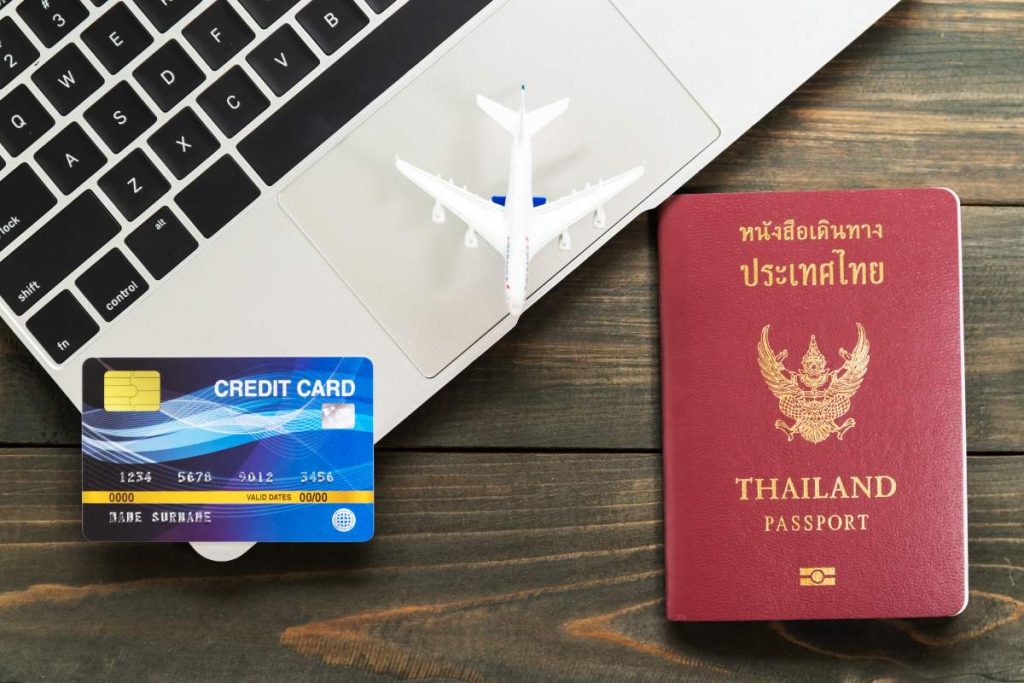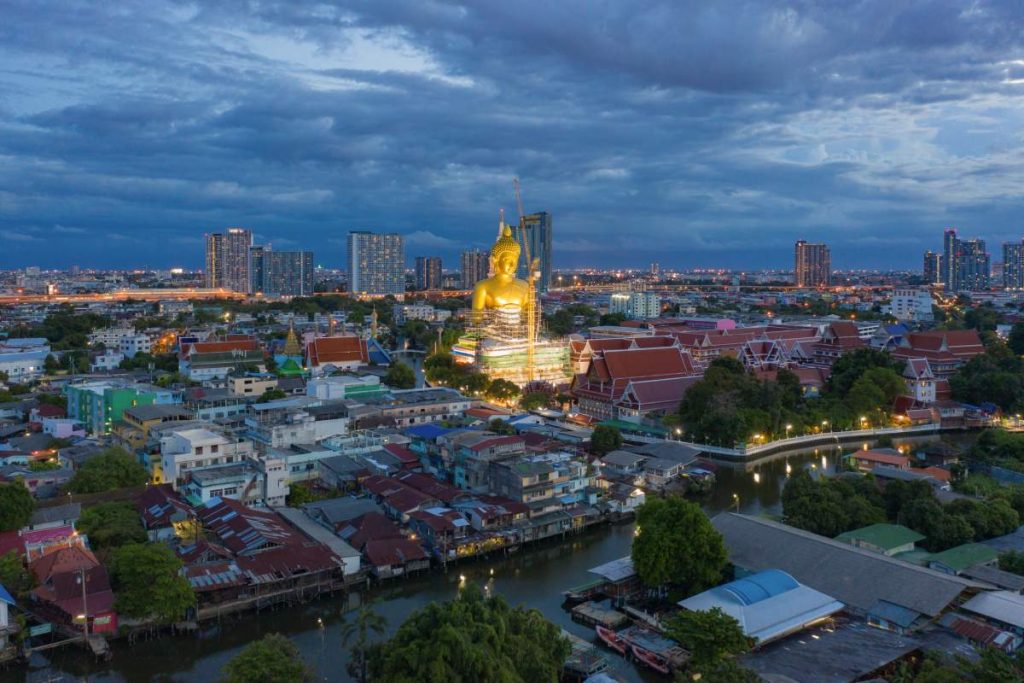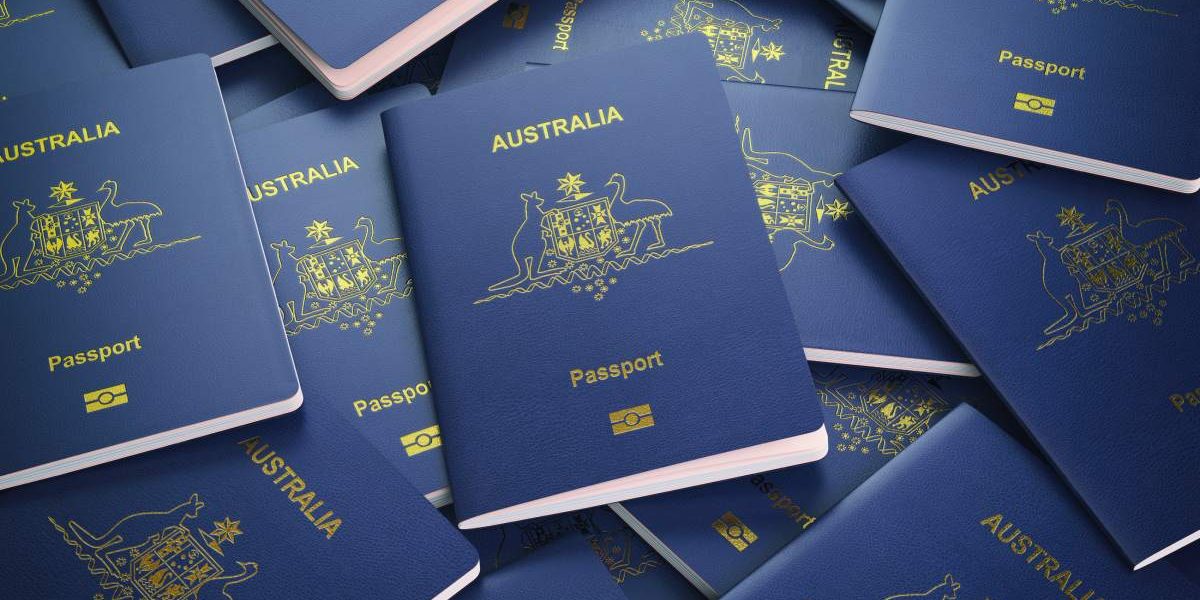A lot of Australians know someone who has moved to Thailand, and it’s easy to see why. With its great weather, friendly people, and affordable cost of living, it has a lot to offer.
Many Australians might not realize how straightforward it can be to move to Thailand, which is why we created this guide.
We’ve done it ourselves, and so have thousands of other Aussies.
The main things to sort out are your visa finances and how to start settling down in Thailand, but they’re simpler than you might think.
You might be interested:
What Type of Visa You Need to Move to Thailand
Thailand offers various types of visas to suit different needs, and choosing the right one can make your stay in the country much smoother. Here’s a simplified overview of some of the most common and recommended visa options:
- Retirement Visa: This visa is ideal for individuals aged 50 and above who wish to retire in Thailand. It provides long-term residency options, allowing you to live in Thailand comfortably during your retirement years.
- Elite Visa: If you have significant financial resources, the Elite Visa might be a good fit. This visa is designed for wealthy individuals who want to enjoy the benefits of a long-term stay in Thailand without much hassle. It offers a range of perks, including VIP services at airports, access to exclusive events, and more.
- Marriage Visa: For those married to a Thai national, the Marriage Visa allows you to live in Thailand based on your marital status. This visa requires proof of your marriage and certain financial criteria but is a good option for those looking to stay long-term with their spouse.
- Education Visa: If you don’t fit into the categories above, an Education Visa might be your best option. This visa is especially suitable for younger individuals, such as digital nomads, who might not have the financial means for an Elite or Long-Term Resident (LTR) visa. By enrolling in a Thai language school or other educational programs, you can secure a visa that allows you to stay in the country while you study.
There are also other more specific visa options available for business professionals, investors, and volunteers. These niche visas cater to individuals involved in particular fields or activities and provide the necessary legal framework for them to live and work in Thailand.
If you’re unsure which visa is right for you, consider researching each one more thoroughly or consulting additional resources like a Thailand country guide. There’s likely a visa that fits your situation, so with a bit of effort, you can find the best option for your stay in Thailand.

Are You Still Eligible For Your Pension If You Moved to Thailand?
If you qualify for an Australian pension, you can continue receiving it while living in Thailand, but there are some important details to keep in mind:
- Residency Requirement: You must have been an Australian tax resident for at least 35 years. If you’ve lived in Australia for fewer than 35 years, your pension will be adjusted proportionally based on the time you were a resident.
- Payment Adjustments: While you can still get your pension in Thailand, there are some reductions. You won’t receive the energy supplement, and your pension supplement will be reduced to the basic rate, which could mean losing up to $64 every two weeks.
- Applying for a Pension: If you haven’t started receiving your pension yet, you’ll need to apply while you’re still in Australia and remain there for at least two years before moving to Thailand.
These conditions are important to understand to ensure you continue receiving your pension while living abroad.
Start Settling Down in Thailand
When moving to Thailand, starting with a monthly rental is usually the best approach, especially if you’re new to the area. Renting an apartment in Thailand is much easier and quicker than in Australia. Here’s a simple guide to help you get settled:
Renting an Apartment
- Choose an Area: First, explore different areas in Thailand that appeal to you. Whether you’re drawn to the bustling city life of Bangkok, the serene beaches in the south, or the cooler, mountainous regions in the north, there’s something for everyone.
- Inspect Apartments: Once you’ve found an area you like, visit a few apartments to see which one suits your needs best. In Thailand, it’s common to inspect a place before deciding.
- Signing the Lease: When you find a place you like, you’ll need to sign a rental agreement. Typically, you’ll be required to pay a bond (similar to a security deposit) and the first month’s rent upfront. This process is straightforward, and you’ll be able to move in quickly.

Buying Property
If you’re thinking about buying property in Thailand, a condominium (condo) is your best option. While foreigners cannot own land in Thailand, they are allowed to own condos and apartments. All the popular locations mentioned earlier—Bangkok, Chiang Mai, Phuket, and Koh Samui—offer plenty of options for those interested in purchasing their own place.
Choosing Where to Live
Thailand is a diverse country with a wide range of living environments:
- Bangkok: As one of the most vibrant and international cities in Asia, Bangkok offers an exciting lifestyle but is generally more expensive compared to other parts of the country.
- Southern Thailand: Known for its beautiful beaches and relaxed towns, this region is popular with tourists and those seeking a beachside lifestyle. However, the cost of living here can be higher, especially in well-known tourist areas.
- Northern Thailand: With its rich culture, incredible food, and lower cost of living, the north, including cities like Chiang Mai, is a popular choice for those looking for a more affordable lifestyle.
- Isaan: This northeastern region is one of the cheapest places to live in Thailand, offering a rural and authentic Thai experience.
When choosing where to live, consider both the lifestyle you desire and the cost of living. Bangkok is the most expensive, followed by tourist-heavy areas in the south, while the north and Isaan regions are more affordable.
Managing Your Belongings
If you find that you have more belongings than can comfortably fit in your rented condo or apartment, and you’re living in the Bangkok area, consider using a self-storage service like Keep It. They offer convenient storage solutions with 24/7 access, security guards, and CCTV, so you can store your items safely without worry. This way, you can keep your living space uncluttered while still having easy access to your belongings whenever you need them.
By starting with a rental and taking time to explore your options, you’ll be better prepared to make informed decisions about where to live in Thailand, whether you choose to rent long-term or eventually buy a property.

Leaving Australia
Before you leave Australia, there are a few things you should do:
- Notify Your Banks: Let your Australian banks know that you’re moving.
- Cut Expenses: Look into reducing any expenses, like vehicle registration.
- Sell Unneeded Items: Consider selling things you won’t need or that might lose value while you’re away.
However, don’t completely cut ties. Even though many people never return, it can be tough to come back if you’ve sold everything.
That’s why we recommend living in Thailand for a few months before committing to a full-time move.
Final Thought
Before your move to Thailand, it’s important to carefully plan your transition. Start by finding a rental apartment to get a sense of different areas before committing to a long-term purchase. Keep in mind the changes that may affect your Australian pension and be mindful of how you handle your belongings.
Take the time to explore and experience life in Thailand before making any permanent decisions. This approach will help you adjust more smoothly to your new surroundings and make well-informed choices about settling down.
By being well-prepared and keeping your options open, you can ensure a more enjoyable and less stressful relocation experience. Embrace the adventure and make the most of your time in this vibrant and diverse country











